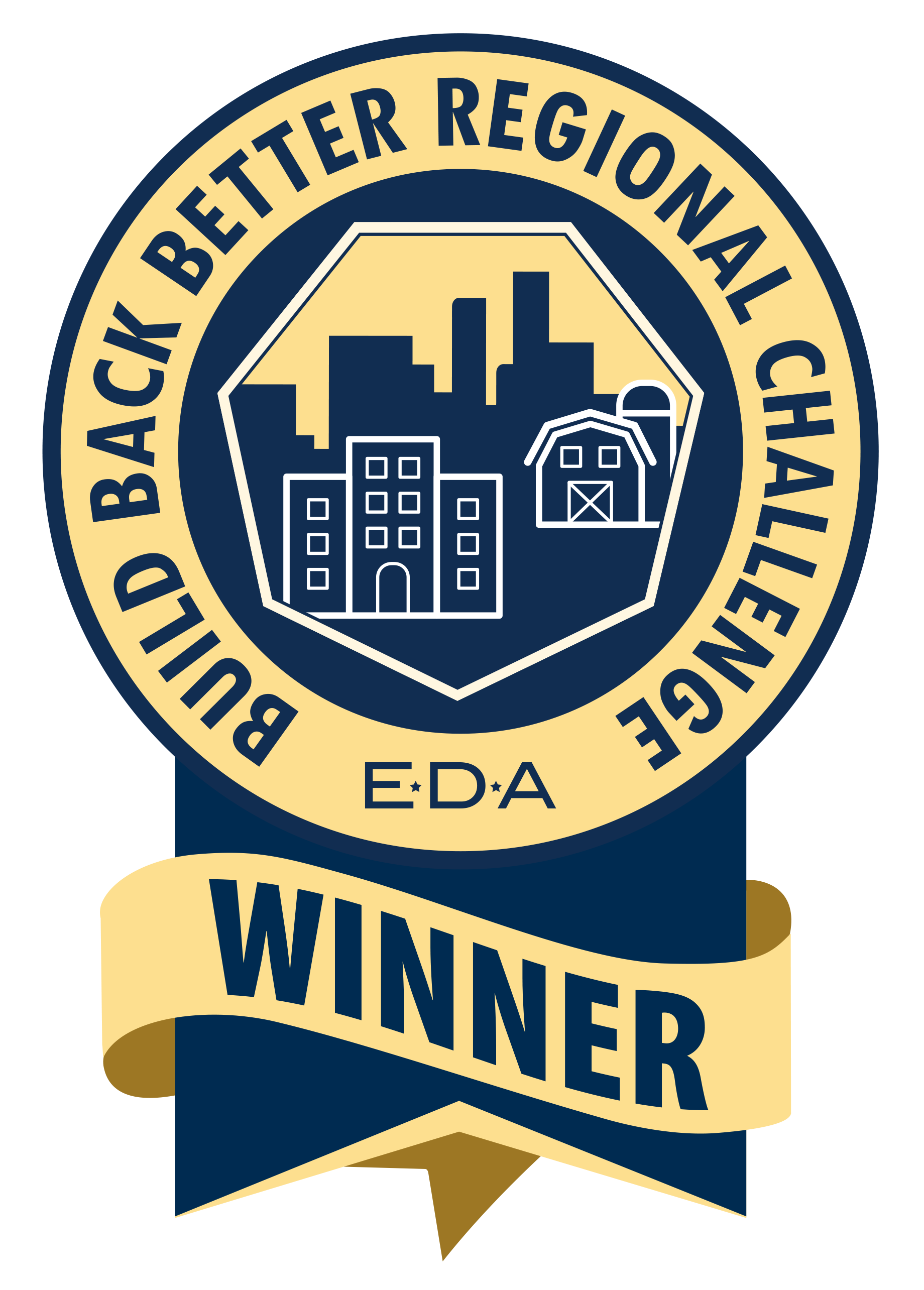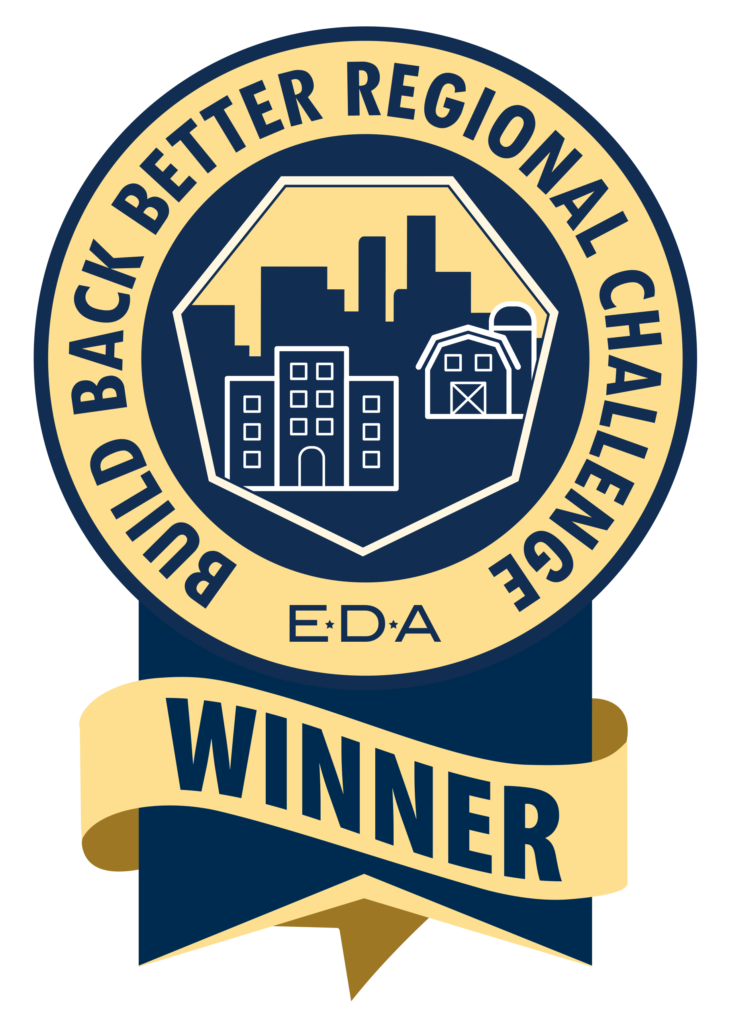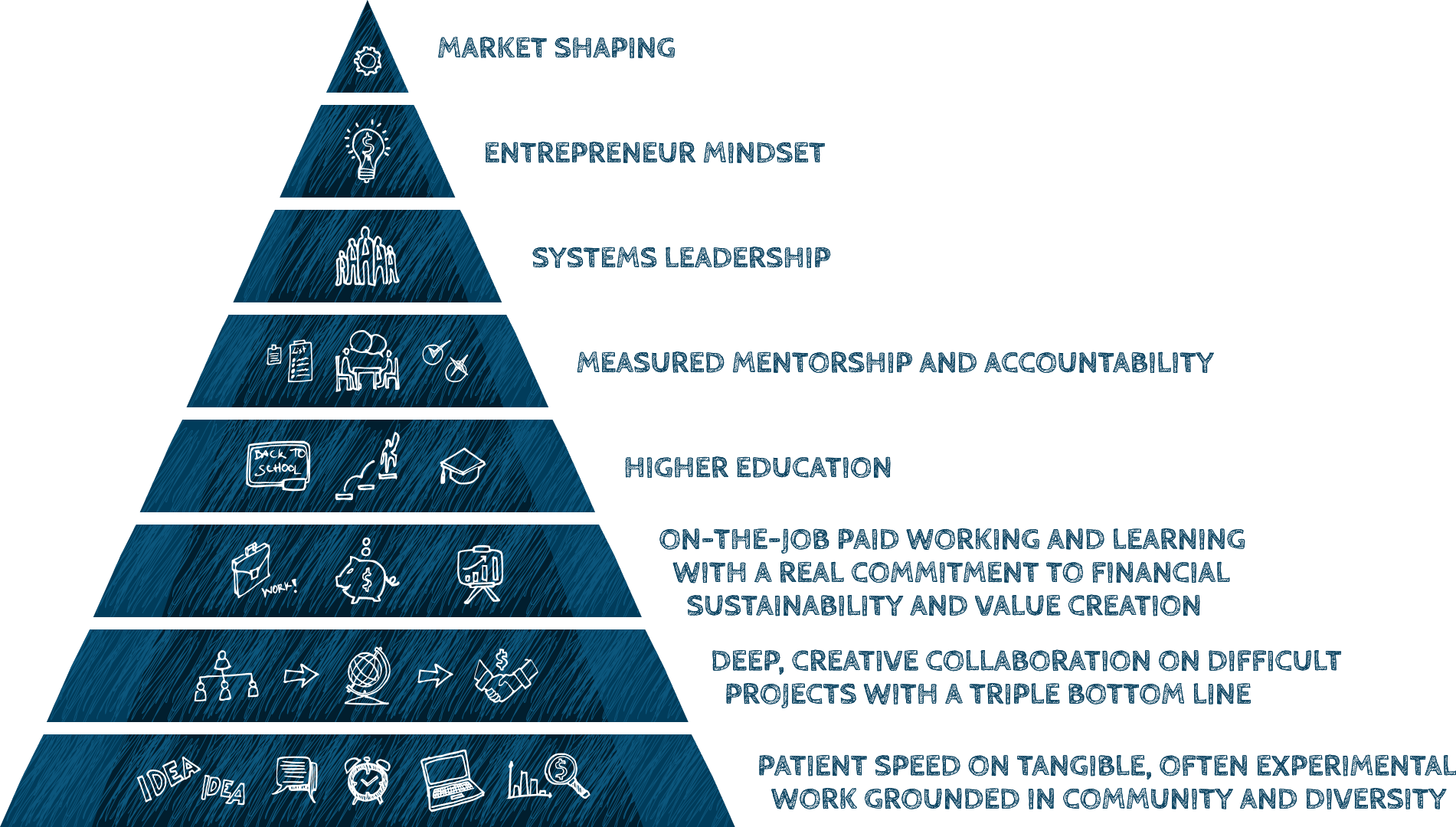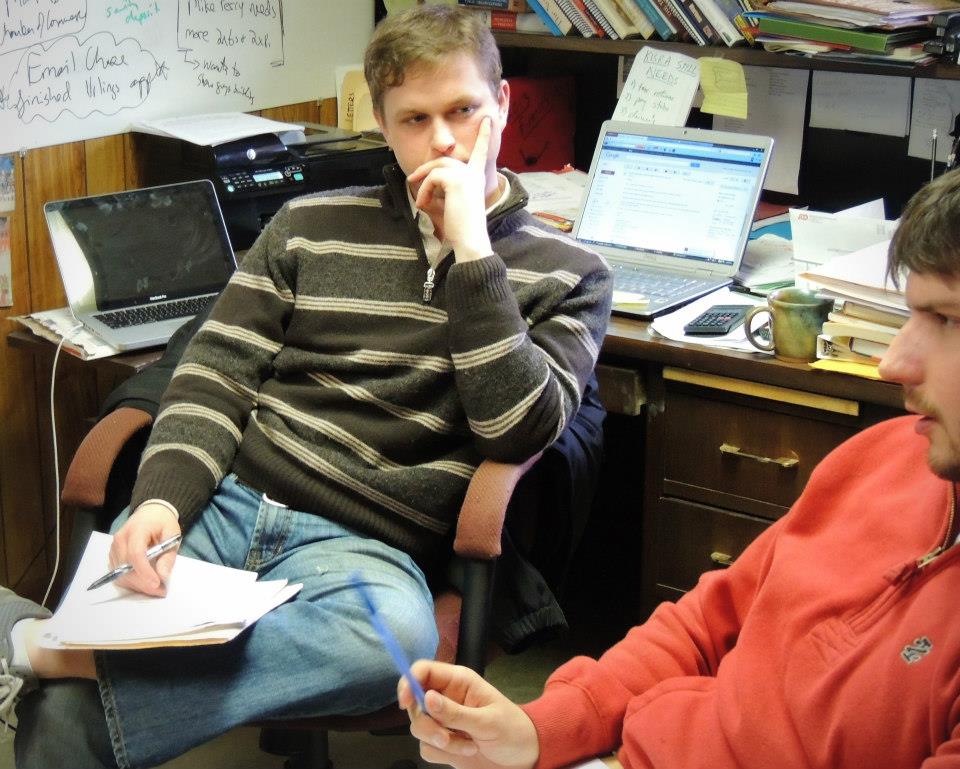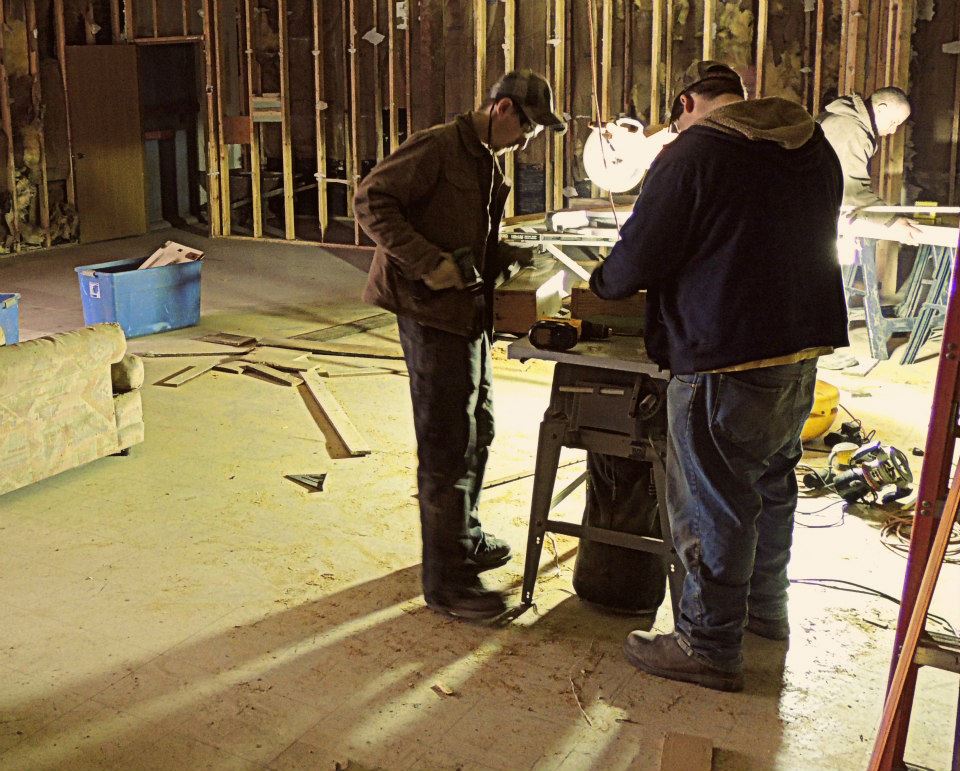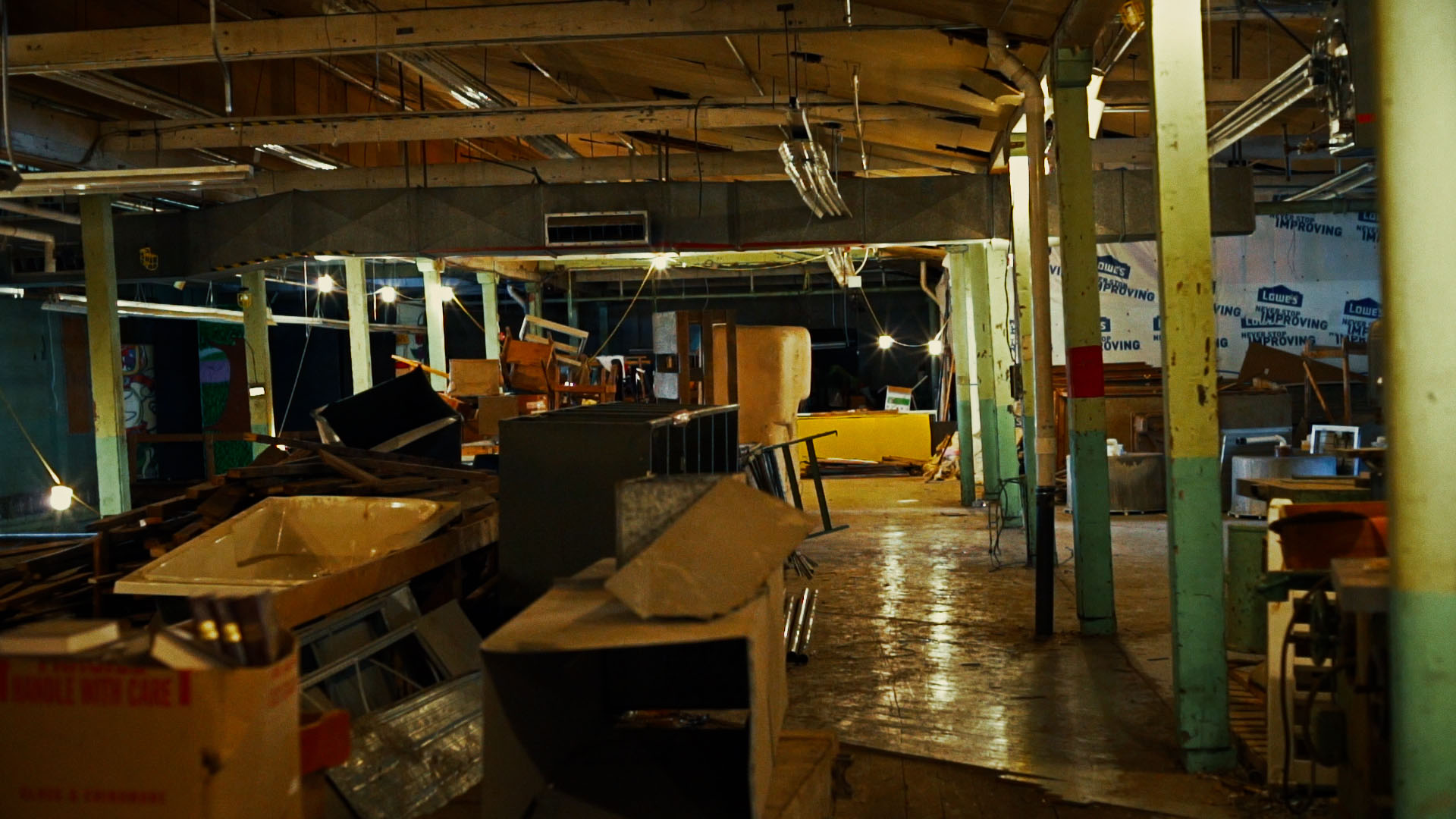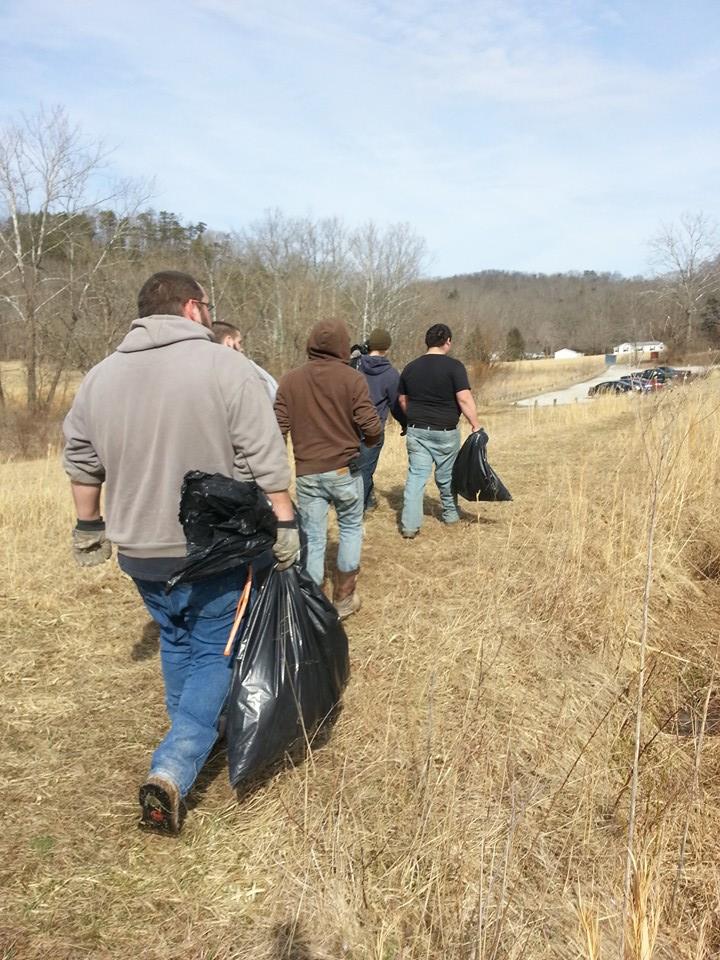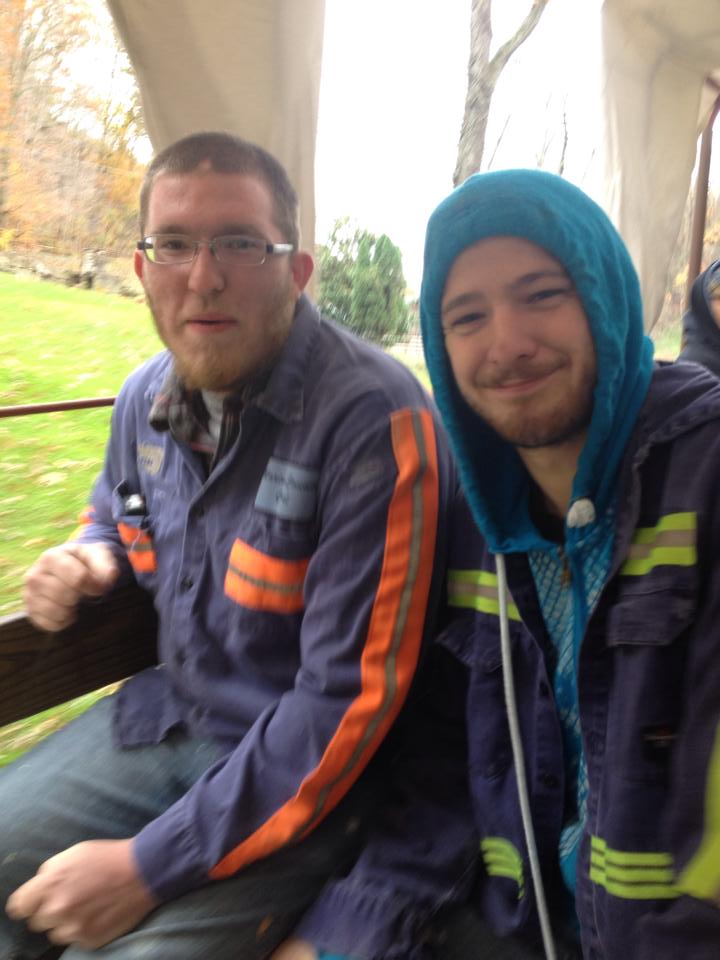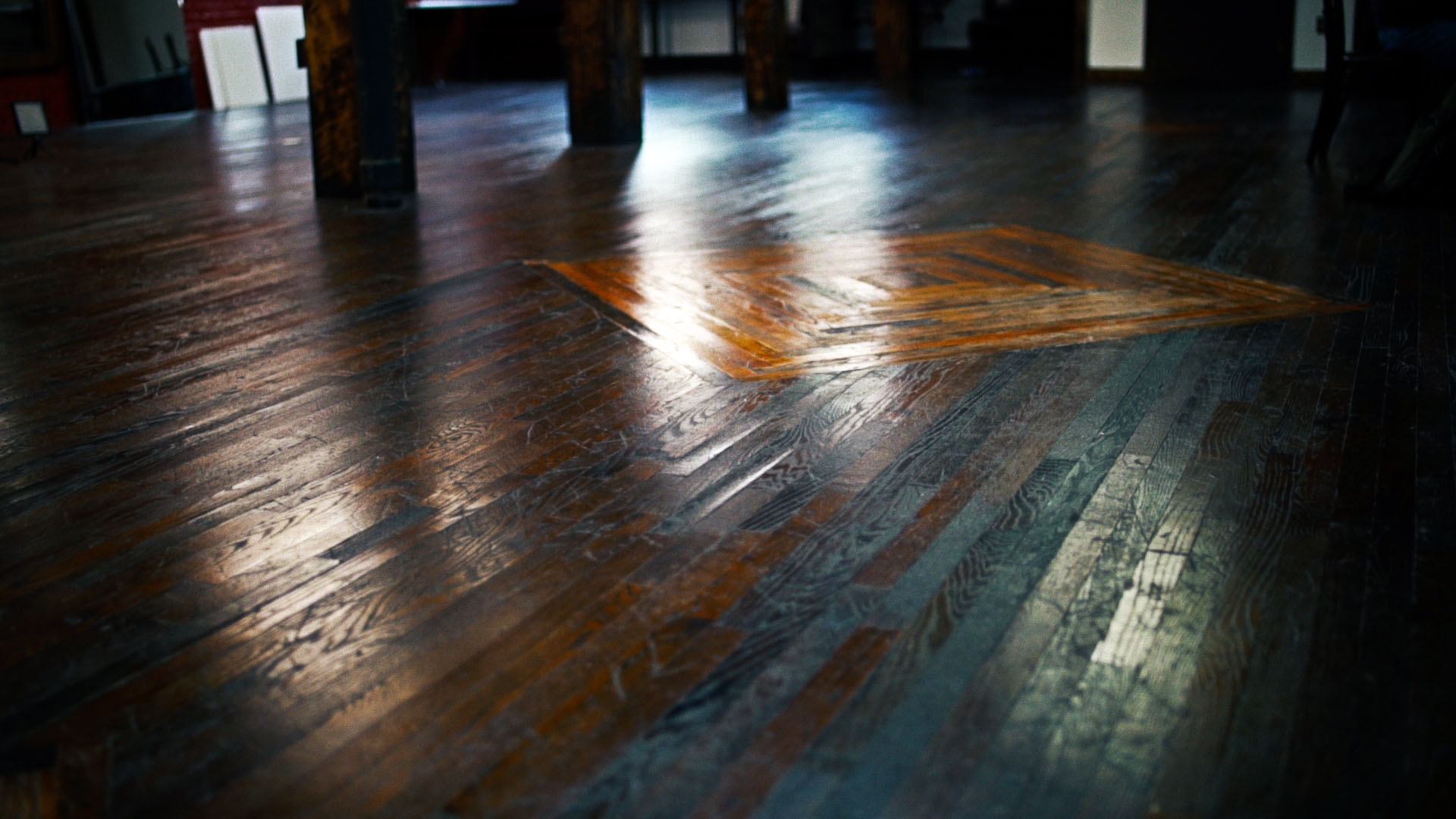Because we intentionally work in socio-economically distressed communities with broken, failed markets and institutions much experimentation is necessary to re-configure community and economic development interventions to be more effective; think of our enterprises like entrepreneurial laboratories. Also because of the economic brokenness of the places we serve, direct employment is a key strategy. There simply aren’t many jobs available to train people for, certainly not sustainable jobs, and so we must simultaneously create new markets and the trained workforce to employ those markets. The main hook of our job training programs is that the work is paid, putting real wages in pockets.
In attracting people to our model through direct employment, we don’t stop at just creating entry-level jobs. We push people and places toward their full potential, power, and purpose in life. We insist on higher education because we value life-long-learning, we respect research and peer evaluation, and we pragmatically acknowledge this modern employment reality: more and more, the available jobs, and certainly the good paying jobs, require degrees of higher education. Our focus on higher education is not about elitist gowns and 4.0’s. Our focus on higher education is about critical thinking, well-rounded thoughtfulness, and a skilled workforce.
We nurture in ourselves a sense of what is possible for our lives, and we provide accountability and structure to actually realize such possibilities. Full participation is what we require of our crew members, our partners, and ourselves. So long as we are fully participating and fully committed to the vision, mission, and values, we will work through and learn from mistakes and challenges. A primary strategy of this organization is mentorship. Mentorship, to us, means creating a professional space that encourages learning and growing. We expose ourselves to new, varied, and empowering experiences – often outside our comfort zones. In doing so, we’re intentional about including all different types of people (different ages, races, cultures etc.), recognizing how diversity always makes a community stronger (just as the most diverse ecosystems in the world are the most vibrant).
A mentor is not a buddy. A mentor does not replace a parent. Mentorship is a special relationship, professional in nature, in which we do not coddle, but we do not boss either. We lead: first in front, then beside, then moving behind as the individual develops her own capacities. We provide accountability, and we truly measure if a person is learning and growing or not. We best learn new skills by doing them, on-the-job, as real employees of real businesses. We are not preparing people for the real world; we do real business in the real world.

